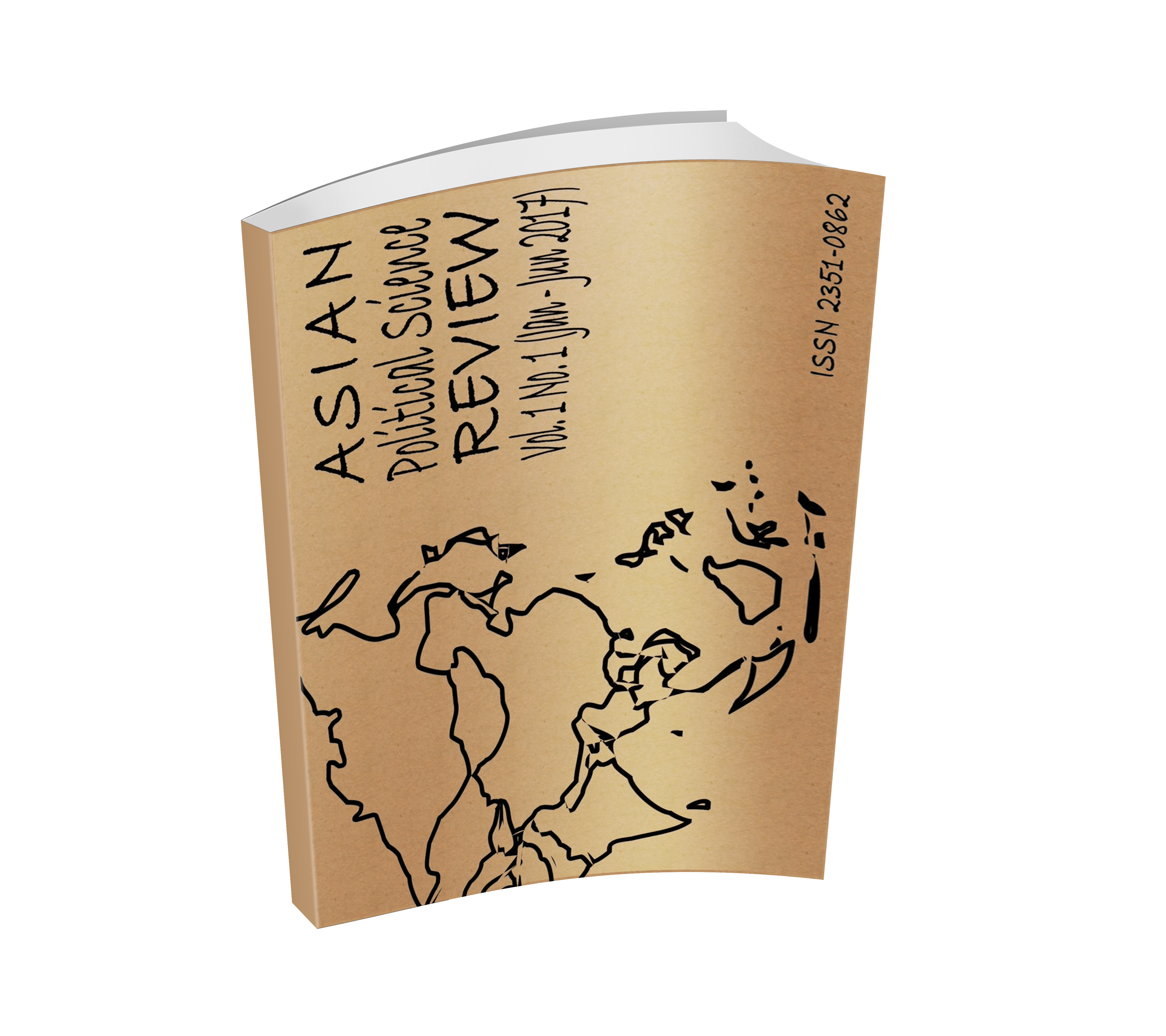Politicization of Rice Price: Who Gain and Who Lose from the Populist Policies to Intervene Rice Price in Thailand?
Keywords:
Populist policies, Rice price, PoliticizationAbstract
Several studies have agreed that Thailand’s domestic rice price is determined by the global market. However, rice is considered a political good that is related to a large number of people, and the government, therefore, needs to intervene in the domestic rice market in order to reduce the influence of the global market on the domestic rice price and to create balances in the sharing of benefits generated by rice trading among involved parties. This research aims to (1) analyze the effectiveness of populist policies, particularly the scheme of rice mortgage and the scheme of income guarantee for rice farmers, in mitigating the impact of the global market on the domestic rice price and (2) analyze the politicization of rice price with regards to the sharing within the rice-trading sector, including the exporters, the rice millers, and the farmers, of benefits and risks arising from the fluctuation of rice price. The research utilizes time-series data of export rice prices, domestic rice prices, and domestic paddy rice prices in two time periods, including (1) the pre-populist policy period from January 2000 to March 2008 and (2) during the populist policies from April 2008 to April 2014, upon which regression analyses and statistical tests are conducted. First, the results show that adopting the populist policies is effective in mitigating the influence of the global market on the domestic rice price by about 13.33 percent. It also mitigates the influence of the export price pass-through to the paddy rice price by about 35.99 percent. Second, the benefit- and the risk-sharing structures arising from the fluctuation of rice price between the exporters, the rice millers, and the farmers are 1.8305: 0.2232: 97.9463 and 14.9140: 30.7461: 54.3399 before the adoption of the populist policies and during the adoption of the populist policies, respectively. Moreover, different populist policies also result in different benefit- and risk-sharing structures. The different structures are 9.9003: 27.15753: 62.9422, 13.5071: 6.1679: 80.3250 and 5.0864: 15.0578: 79:8558 for the first rice mortgage scheme, the income-guarantee scheme, and the second rice mortgage scheme, respectively.
Downloads












.png)


